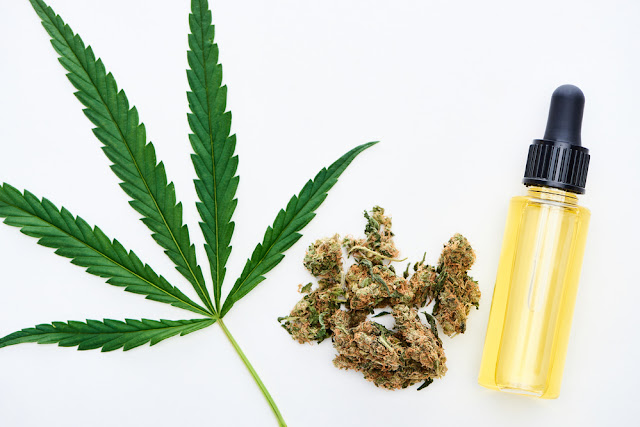Imagine your state just passed a medical cannabis bill. It went to the governor's desk, where it was signed with great fanfare. Now you are expecting to drive down to your local medical cannabis pharmacy and get your first prescription filled. Hold on just a minute. It's not going to be that easy. Approving medical cannabis is not a panacea. In fact, it creates a whole new set of problems.
Cannabis is still a Schedule I substance under federal law. That immediately creates problems for state lawmakers. Moreover, plenty of state legislators remain opposed to medical cannabis even though voter referendums have forced their collective hand.
What you have in many states is a situation in which lawmakers are forced to create a medical cannabis program that doesn't expose them to trouble from Washington. At the same time, they have to accommodate, at least to some degree, the reservations of those in their midst who are not in favor of medical cannabis in any form.
Too Few Dispensaries
The difficulties in crafting a good medical cannabis program are manifest in multiple ways. One such manifestation is a scenario under which too few dispensaries open. Utah is a great example. The state licensed fourteen dispensaries in 2020. As of March 2021, only half of them have opened. Why?
There could be any number of reasons. Licensees may not have the funds to get up and running. There may not be enough patients in their local areas to support a new dispensary. They may not know how to get a dispensary business up and running while maintaining compliance with the law.
Deseret Wellness was one of the first to open in Provo. They have since expanded with a second medical marijuana dispensary in Park City. They say the need for dispensaries is real and that more are needed throughout the state. Until that happens, some patients will have to drive quite a distance or rely on home delivery.
Too Few Medical Providers
Perhaps a bigger problem than the lack of dispensaries is the lack of participating medical providers. Again, we will use Utah as an example. State law requires medical providers to undergo specialized training before being certified as qualified medical providers (QMPs). Only a QMP can give Utah patients the recommendation they need to get a medical cannabis card.
To date, only a limited number of doctors in the state have been willing to go through the training and certification process. Moreover, Utah limits QMPs to just fifteen medical cannabis patients each. That seems hardly worth it to many doctors in the state.
Lastly is the liability issue. Doctors do not write prescriptions for medical marijuana. They cannot, thanks to marijuana's designation as a Schedule I substance. All they can do is recommend use of the drug. Indeed, that's why nearly every state that allows medical cannabis – but not recreational use – requires patients to get a state-issued card. That card can only be obtained on a recommendation from a qualified medical provider.
Doctors often do not want to get involved because they are worried about liability. They don't know if recommending marijuana will place them in the crosshairs of federal prosecutors. They don't know if recommending getting involved will affect their liability insurance. They do not even know if health insurance plans will drop them for helping patients get cards.
Approving medical cannabis at the state level is not a panacea. It creates a host of additional problems legislators have to work through. Is it worth it? That depends on who you ask. Patients and medical cannabis pharmacies would say it is.






